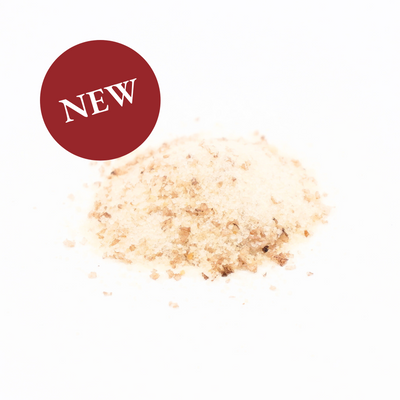Olives: From the Ground Up
Not many plants have the rich history that olive trees boast of. These gnarled, long-lived trees are practically synonymous with the Mediterranean itself, as the products of these trees have figured their way into homes, on to dining tables, and into the very cultural fabric of the region for millennia.
History
Olive trees were first cultivated around 7000 years ago in the Mediterranean region. It wasn’t long after that the olives were crushed to expel their rich oil, which was used in cooking, as lamp fuel, as a bartering currency, and even as a moisturizer.
Over time, growing techniques improved as more was learned about the plants themselves. The trees were also spread to many countries outside the Mediterranean basin, leading to today’s robust global olive production. The number of cultivars, or different types of olives, being grown now surpasses 700, and the nuances in their flavour and culinary uses are celebrated worldwide.

A Labour of Love
We are all familiar with marinated or brined table olives and the sliced ones you see at your favourite pizza place, but there is quite the process behind getting those olives to you. It starts in the soil- not too wet, not too dry. In a region that is warm, but not scorching hot.
Olive trees won’t even begin producing fruit until they are 5-10 years old, and it takes about 30 more years to reach maximum productivity! If this sounds like a long time, keep in mind that olive trees can live for up to hundreds and even thousands of years. You can see how it makes sense that many olive groves have been in “in the family” for generations.

Olive Oil Today
The global demand for quality olive oil, specifically extra virgin olive oil, is on the rise. The culinary product that has been a cornerstone of Mediterranean cooking for thousands of years is finding its way into everyday meals, top-notch restaurants, and international competitions. Enjoying EVOO is for everyone, but knowing where it came from and the rich history of its cultivation provides a deeper understanding of why EVOO is often called “liquid gold.”
Stay tuned for our next blog on olive harvesting- the second step in the journey from olive to oil.




Hi @Brent, thank you for your question! We don’t typically carry olive oils from Morocco, no. However, as we do get a fresh supply of new extra virgin olive oils every 6 months, it is always worth checking to see what countries we have new oils from!
Hello
Do you carry Moroccan oilivenoil?
@Line Isabelle-Laird that sounds delightful! Enjoy your trip and the harvest in Greece!
I will be visiting an olive Grove in Greece this fall for harvest. Very interesting.
Leave a comment